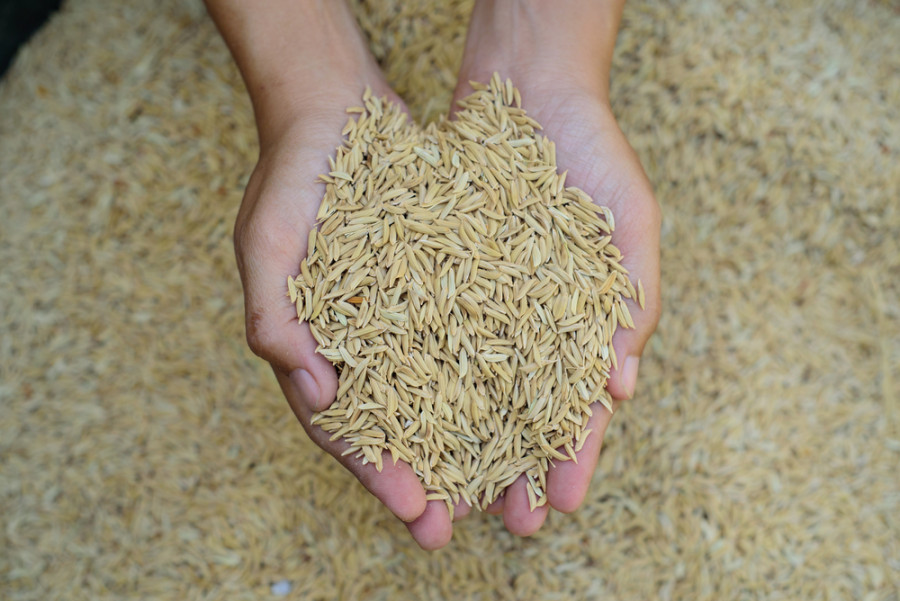Editorial
No backdoor entry
Food security arises from an unequal distribution of resources rather than a paucity of food itself.
Eight years after the Supreme Court ordered a total ban on the import of genetically modified crops until a comprehensive policy for their importation, use, cultivation and management was introduced, the government recently unbanned some products. The Plant Quarantine and Pesticides Management Centre has reportedly lifted the ban on the import of canola, soybean and maize on the condition that these products would not be consumed by humans directly. However, poor regulation of the food market means that there is no guarantee the products will not enter Nepali kitchens. In any case, the use of genetically modified products as poultry feed indirectly enters the human food chain.
Genetically modified organisms (GMO) contain genetically altered DNA using genetic engineering, and there is a yet inconclusive debate on whether or not the consumption of GMO products is harmful to humans. Food safety should be a high priority, and the government should be careful not to allow the lateral entry of products that remain controversial, especially concerning their potential harms. The World Health Organization is not entirely confident about the suitability of GMO products when it comes to human health, as it prescribes that a risk assessment of all such products be made before they are allowed on the market.
Genetically modified crops are engineered in a way that they yield more, have a longer shelf life, and are resistant to pests and diseases. Proponents of GMO foods cite increased food security as a major reason to use such products. At first glance, this seems like a solution to a host of agricultural problems and a win-win for everyone in a world rife with hunger and malnutrition, especially in the less developed countries. But the fact is that food security is a problem arising from an unequal distribution of resources rather than a paucity of food itself. Human greed for capital accumulation has led to the creation of consumables that give maximum results from minimum effort no matter how harmful they may be to humans, animals and the environment.
What’s more, large multinational corporations are alleged to influence scientific discourse so that a favourable condition for the consumption of their products can be made. The less developed world is often at the receiving end of scientific experiments, no matter how detrimental they are, for we are used to welcoming our guests with open arms. When it comes to GMO products, it is still a new technology, and there is a lot to go before we have sturdy scientific evidence of the benefits and harms of GMO products. Until then, for countries like Nepal that have little scientific wherewithal to independently verify the claims made by large corporations that produce GMOs, it is best to stay away.
Another reason to stay away from the whole ecosystem of genetically engineered products is that GMO seeds are not reusable, which makes the farmers from Nepal and other less developed parts of the world who have for generations learnt to preserve seeds for the future, dependent on seeds sold by corporations. That is exploitative capitalist dependency at its best. The solution to food or agricultural insecurity, therefore, lies elsewhere and not in GMO products. Countries like Nepal that have historically remained dependent on traditional seed reuse practices should not fall for bogus claims made by large multinational corporations whose singular aim is capital accumulation and not solving global hunger.




 13.12°C Kathmandu
13.12°C Kathmandu














